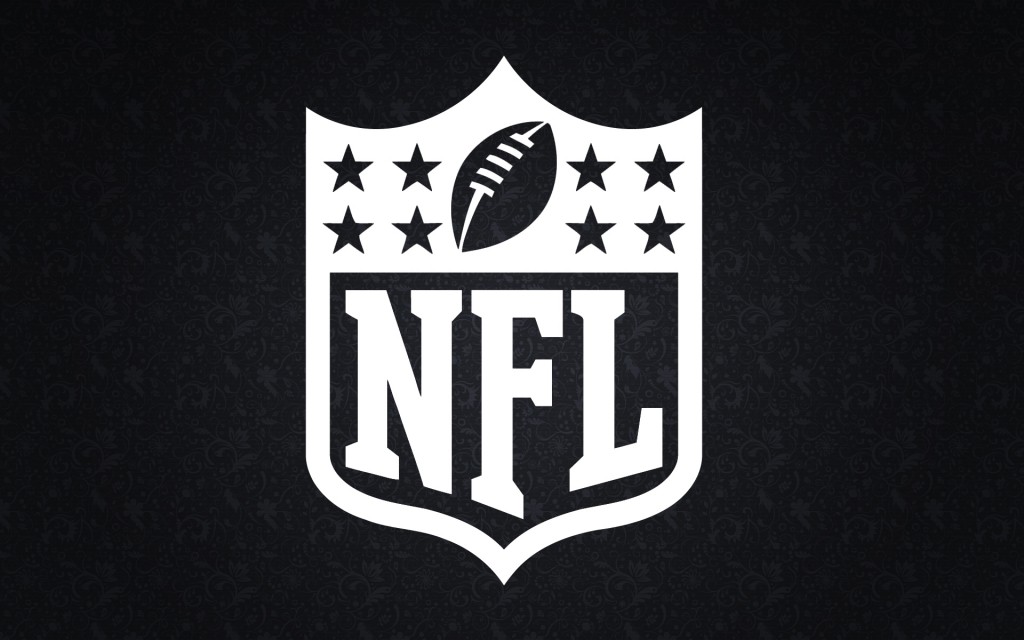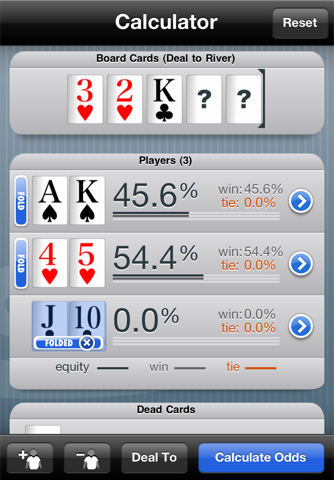22 Sep
Playing fantasy sports is a great time. I personally keep up with a fantasy basketball league, and although I’ve never won, I come back every season for more. In the past few years fantasy sports, particularly daily and weekly fantasy sports, have seen a serious rise in popularity. With more powerful computers and web platforms constantly being developed, games can be offered to greater numbers of players than ever before. With greater numbers comes bigger prize pools, and those larger prize pools, in turn, attract a larger player base.

One of the biggest draws of fantasy sports is the competitive monetary aspect. Betting on fantasy sports is incredibly popular these days. According to Bloomberg News; DraftKings and FantasyDuel, two big name fantasy sports websites, pulled in a combined $60M in entry fees during the NFL’s opening week. That’s twice the amount of money that Las Vegas sports books handled in the same time period.
The reason that these online fantasy sports websites are able to rake in cash hand over fist is because of a questionably fortunate loophole in the ever frustrating Unlawful Internet Gambling Enforcement Act of 2006. Anyone trying to play iPoker outside of New Jersey, Delaware, or Nevada knows the struggle of trying to find safe, reliable, online poker websites. This is because the UIGEA outlaws financial transactions between banks and providers of online games of chance. This includes not only poker websites but also sports betting websites. The reason that fantasy sports have been able to do so well is that within the UIGEA, they are not considered a game of chance but a game of skill. This crucial distinction frees them from the stifling transaction restriction and hence, they are able to collect $60 million dollars in a week without breaking a sweat.

Anyone who tells me that poker isn’t a game of skill has never played serious poker before. The number of calculations you have to run through just to figure out the odds of improving your opening hand is enough to take some serious work. Then you need to compare those odds to the information you have about your opponents, read those same opponents in case they are bluffing, and determine what the appropriate action is. You could just gamble blindly, but that’s your prerogative. In that case, you choose to dispense with the skill and blindly gamble instead of playing in the intended fashion. It does not negate the skill aspect of play.
For that reason, I, like many poker aficionados, take issue with fantasy sports’ special distinction as a game of skill. It seems arbitrary, unfair, and feels as though it was decided by someone with no experience of either game.The distinction is even more strange when you consider that classic sports betting websites are still illegal. Even if players don’t actually research their teams or their players, can we really draw such a strong distinction between picking and composing teams? I don’t think so.
Perhaps the solution, though, is not pulling fantasy sports down to the peer level (illegal or challenging to legally fund) but instead bringing online poker and sports betting up to the level of fantasy sports (legal and regulated). Unlike something such as horse racing or roulette, there is a clear example of skill involved for both poker and sports betting. I understand the need to protect players. I understand how big companies can take advantage of the little guy, particularly if he’s willing to put his credit card number into a dubious website. But perhaps it’s time to recognize poker for what it really is, a game of skill. If ESPN is willing to classify poker as a real sport, then playing it must take real skill.
There is a reason we get Monday night football and not Monday night slots; one of the two takes talent, training, and hard work.
Read more: Will Daily Fantasy Sports Overthrow Online Poker?
